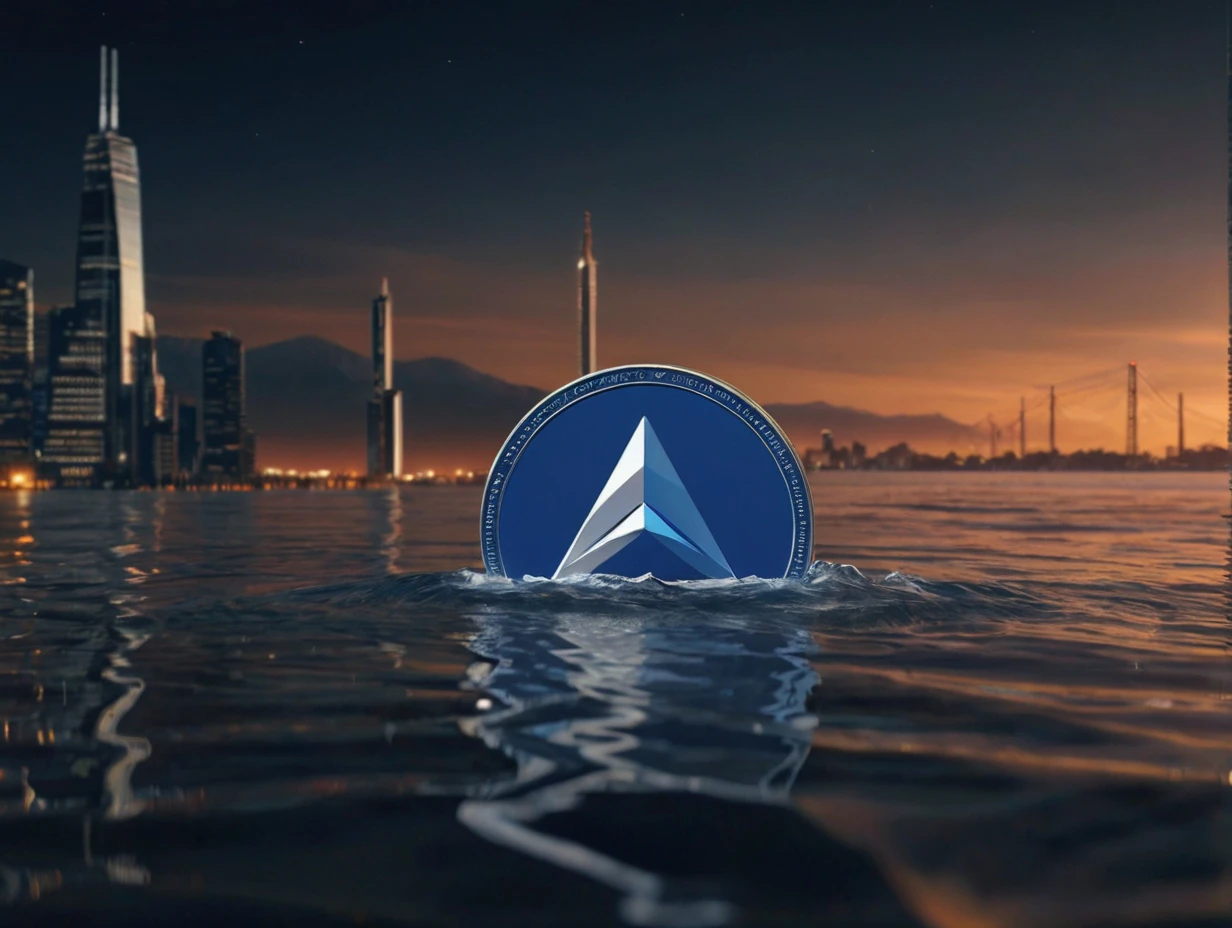The emergence of large language models (LLMs) powered by artificial intelligence (AI) has ushered in a paradigm shift. Led by insights from seasoned educator and translation studies professor Xiao Weiqing, the translation industry finds itself at a critical juncture, where traditional roles are being redefined, and new challenges and opportunities are emerging.
Transformative role of AI in translation
With the advent of AI-driven translation tools like ChatGPT and Sora, the translation process has been revolutionized. These technologies have significantly enhanced efficiency, speed, and cost-effectiveness, while also offering multilingual support and strong interdisciplinary capabilities.
However, they are not without limitations. Despite their prowess, LLMs often struggle with capturing subtle nuances, cultural expressions, and colloquialisms. Moreover, concerns regarding privacy, data security, and the lack of independent information verification persist.
As AI takes on more of the initial translation workload, the roles within the industry are being reconfigured. While the demand for highly skilled human translators remains, the role of copy editors has become increasingly prominent.
For high-stakes projects, the rigorous scrutiny of seasoned translators and copy editors becomes indispensable in addressing nuances that LLMs may overlook.
Navigating the new landscape
Aspiring translators are faced with the imperative task of adapting to a new reality shaped by technological advancements, particularly in artificial intelligence (AI). With the emergence of AI-driven translation tools, the traditional job market for translators is transforming, necessitating a blend of resilience, adaptability, and technological fluency.
As the demand for human expertise in translation persists, aspiring translators must recognize the importance of honing their linguistic skills to maintain relevance in the field. Proficiency in languages remains a cornerstone of translation work, providing the foundation upon which translators can build their craft. However, in the face of AI’s increasing influence, familiarity with AI-driven tools is becoming equally crucial.
Graduates entering the translation industry must equip themselves with the knowledge and skills necessary to effectively utilize AI-driven tools. This involves not only understanding the capabilities of these tools but also mastering their application in real-world translation scenarios.
By familiarizing themselves with AI-driven tools such as ChatGPT and Sora, aspiring translators can enhance their efficiency and productivity, thereby remaining competitive in the evolving industry landscape.
Moreover, embracing technology does not imply a complete reliance on AI-driven tools but rather a strategic integration of human expertise with technological advancements. While AI can streamline certain aspects of the translation process, human translators possess a unique ability to interpret nuances, cultural context, and idiomatic expressions that AI may struggle to replicate accurately.
Adapting to the AI revolution
the translation industry is undergoing a profound transformation driven by advancements in AI technology. While these developments offer unprecedented opportunities for efficiency and cost-effectiveness, they also pose challenges to traditional roles and practices.
As the demand for human expertise in translation persists, navigating this new landscape requires a blend of linguistic prowess and technological fluency. Embracing adaptation is not just an option; it is essential for future success in the ever-evolving world of translation.
Therefore, aspiring translators must cultivate a mindset of continuous learning and adaptation to navigate this new landscape effectively. This entails staying abreast of the latest developments in AI technology and incorporating new tools and methodologies into their translation practice as needed.
By embracing change and leveraging the opportunities presented by AI, aspiring translators can position themselves for success in the ever-evolving world of translation.





